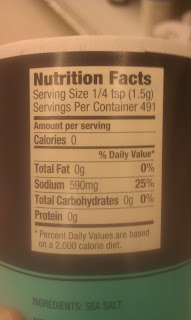What is "Chronic Kidney Disease", or CKD?

In my previous post , I had talked about how physicians check your kidney function, as well as the concept of glomerular filtration rate (a measure of your kidneys' function, or more accurately, its filtration capacity), or GFR. I want to talk today about an entity that you might have heard before: chronic kidney disease, or CKD. CKD is a generic, umbrella term. Nephrologists define it as " kidney damage or reduction in kidney function that persists for 3 or more months ". The definition does not include the cause of kidney disease. In other words, whether you have reduction in kidney function from diabetes, or high blood pressure, or a genetic cause, you could still carry a common diagnosis of CKD. This diagnosis is then further subdivided in to stages 1 thru 5, depending on the disease severity. This is where the concept of GFR that I talked about before becomes useful. Take a look at the above picture (courtesy of The National Kidney Disease Educa
